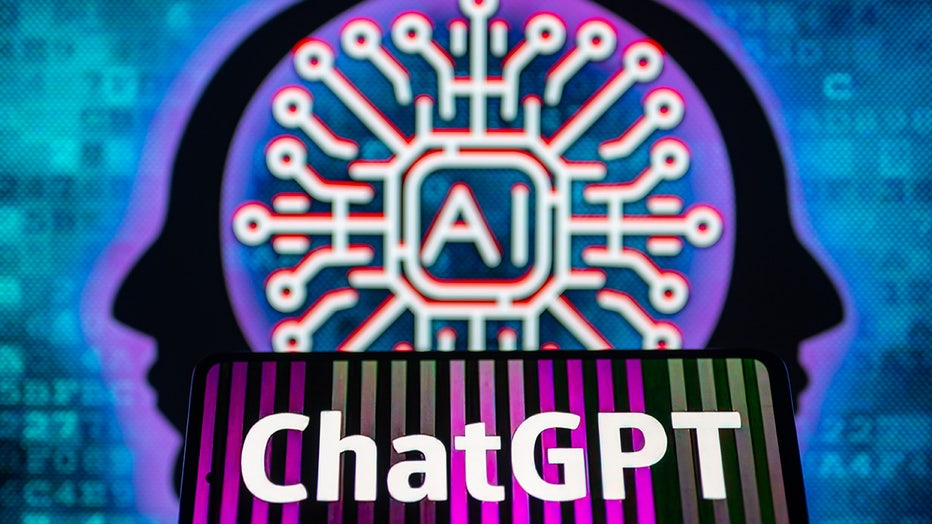AI technology soon to be an everyday experience
How AI could change the way you live
Artificial intelligence sounds like the future, but it's happening and evolving now at shocking speed. The FOX 5 I-Team's Dana Fowle did a deep dive in the new AI platforms millions of people are already using and how they could affect your life sooner rather than later.
ATLANTA - In recent years, artificial intelligence has become a hot topic in the world of technology. From self-driving cars to virtual assistants like Alexa and Siri, AI is rapidly transforming the way we live our lives. But with all this progress, there are also concerns about the impact of AI on our society.
Now guess what? I didn’t write any of that. I asked an artificial intelligence site to do it for me and that’s what I got.
The request was quick and easy, "Write a TV news story about AI." And in seconds, I got on-point introduction.
FOX 5 popped over to Emory University's Goizueta Business School where associate professor Rajiv Garg gave us a lesson in artificial intelligence. He asked an AI platform to write a poem about morning dew on Mars. It came immediately.
IN THE EARLY MORNING LIGHT
AS THE SUN BEGINS TO RISE,
A WORLD OF CRIMSON HUES APPEARS
AND MARS REVEALS ITS SURPRISE.
Then Professor Garg asked it to write computer code for a specific request. In seconds, AI generated a complete sequence. And for coding, Garg told us that research shows AI gets it right 80-90 percent of the time.
AI. That’s short for artificial intelligence. The dictionary says it means, in short, when computers perform tasks that normally require human intelligence.
"You run into it every day," Garg said. "You search something on Google. What it’s essentially learned, that what people search in the past with similar words and what they clicked on, so they know that if you search for some things there are certain links that you are likely to click on."

OpenAI ChatGPT seen on mobile with AI Brain seen on screen. on 22 January 2023 in Brussels, Belgium. (Photo by Jonathan Raa/NurPhoto via Getty Images)
So AI technology gives you what it thinks you’ll want to see.
But it’s also being used to recommend sites to visit on vacation, advice on creating a webpage, and often writing for you papers or essays. Or, it can help you with math. But is it helping or cheating?
"It’s a tutor who teaches you or a tutor who does your homework," he said.
Schools already have applications to help them catch any plagiarism or other types of cheating.
Should we be afraid of this fast, new technology?
Associate Professor Rajiv Garg, who researches data said, "Short term, yes. Long term, no."
Right now there’s a learning curve and scammers are jumping in before you get too wise. It can mimic voices, ideas, and writing that can lure in a trusting older person, or any of us really.
"Someone will call in a voice she will trust," he explained. "She could get emails in essentially written in a way that she is used to reading from trusted sources."
A traditional scam, but it’s tweaked by a computer to target that person specifically. Scary stuff. But don’t be scared off.
AI will create a world soon that should make our lives easier and more efficient, basically, become assistants by answering our texts for us, adding events to the calendar for us, by responding to emails for us.
More great examples.
"We are in a hallway. We walk into our office, and it knows we are walking. It turns on the light, changes the temperature. It’s doing some of it right now."
The big name we hear now is ChatGPT. It’s connected to Microsoft. Coming on fast is BARD associated with Google. And there are already apps you can download.
This will surely get your interest.
"There is an app for messaging. So, now when you get a message, you can have your app respond to it automatically. You don’t know need to do anything," Garg added.
It all feels so futuristic. But it’s here now. And Professor Garg expects it to be a way of life in the next three to five years. Kind of like when we learned about searches engines like Google then it suddenly became something we used every day.

